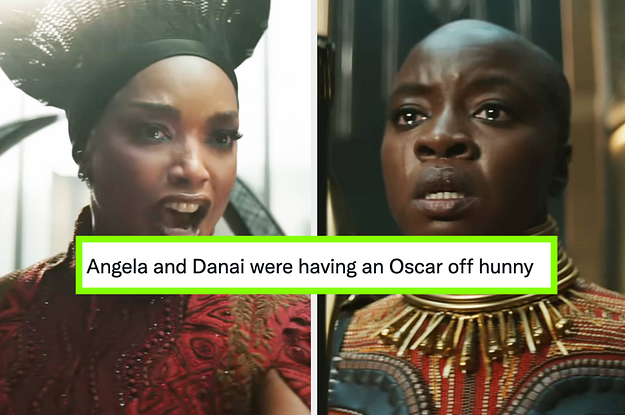
The Ordinals hype is real with the NFT inscriptions now regularly taking over 50% of Bitcoin block space.
Bitcoin (BTC) miners have earned nearly $600,000 in two months from a new controversial NFT protocol called Ordinals that has triggered a surge in user activity.
What are Bitcoin Ordinals?
Ordinals allow users to inscribe data in the form of images and other media types in newly mined blocks on the Bitcoin blockchain that’s otherwise largely used for peer-to-peer monetary transactions.

Since the launch of Ordinals in mid-December, however, users have inscribed nearly 74,000 NFTs into the Bitcoin blockchain, earning miners a cumulative $574,000 in BTC transaction fees to date, data from Dune Analytics shows.
These NFTs include “digital artifacts” stemming from the derivative projects of Ethereum’s CryptoPunks and Bored Ape Yacht Club collection in February.
The NFT community is moving to BTC, where Ordinals have brought true scarcity to collectibles.
I forever inscribed “The Blonde Don” BAYC #1626 on the world's scarcest and most secure chain burning him off ETH forever using TeleBurn.
It's done. Over. Not coming back to ETH. pic.twitter.com/jmKpSSPybm
— Jason A. Williams (@GoingParabolic) February 12, 2023
Rising emand for Bitcoin block space
The Ordinals protocol was made possible by Segregated Witness (SegWit) and Taproot, Bitcoin’s network soft fork upgrades from 2017 and 2021, respectively.
Related: Ordinals protocol sparks debate over the place for NFTs in the Bitcoin ecosystem
For instance, the SegWit update effectively increased Bitcoin’s block capacity up to 4MB.
Similarly, the Taproot update helps batch and verify multiple transactions together as long as their size does not exceed 4 MB. This feature allows the inscription of data such as images and videos in Bitcoin blocks.

The advent of Ordinals has coincided with Bitcoin’s mean block size jumping from its typical average of 1.5-2MB to between 3 and 3.5MB in early February.

Simultaneously, the number of pending SegWit and non-SegWit blocks in the Bitcoin mempool has also increased significantly — the highest since the FTX collapse, as shown below.

On some occasions, Ordinals’ data has been comprising over 50% of Bitcoin block space, according to BitMEX Research.
“This describes a growth in the user base and an upwards pressure on the fee market from usage beyond the typical investment and monetary transfer use cases,” noted Glassnode in its weekly report, adding:
“Ordinals are a new frontier […] to observe how it affects and manifests in both on-chain network and investor behavior.”
Ordinals: BTC miners’ new revenue stream?
Bitcoin miners generate most of their revenue from the network’s block subsidies, i.e. finding or “mining” new blocks. By comparison, the share of miner’s earnings from transaction fees is only about 3%.
Currently, the Bitcoin network rewards miners with 6.25 BTC per block. But this subsidy will drop by 50% to 3.125 BTC by spring 2024 in an event called halving that happens every four years. As a result, the share of miners’ revenue from transaction fees is expected to rise over time as block rewards decrease.
To some, Ordinals introduce what’s called miner extractable value, or MEV, which has been previously associated with mining on Ethereum.
Simply put, MEV is the maximum value that miners can obtain from producing new blocks beyond the block rewards and transaction fees.
If Bitcoin Ordinals will take off (and I think it will) it’s really good news for Bitcoin mining companies’ revenue, something that’s not reflected in their valuations yet.
— Marc van der Chijs (@marcvanderchijs) February 6, 2023
Critics, however, argue that Ordinals as an “attack” that will price out real financial activity and thus damage Bitcoin’s image as a reliable P2P payments network.
“Bitcoin is designed to be censor resistant,” said Adam Back, co-founder and CEO of Blockstream, adding:
“[It] doesn’t stop us mildly commenting on the sheer waste and stupidity of an encoding. At least do something efficient. Otherwise, it’s another proof of consumption of block-space thingy.”
This article does not contain investment advice or recommendations. Every investment and trading move involves risk, and readers should conduct their own research when making a decision.




